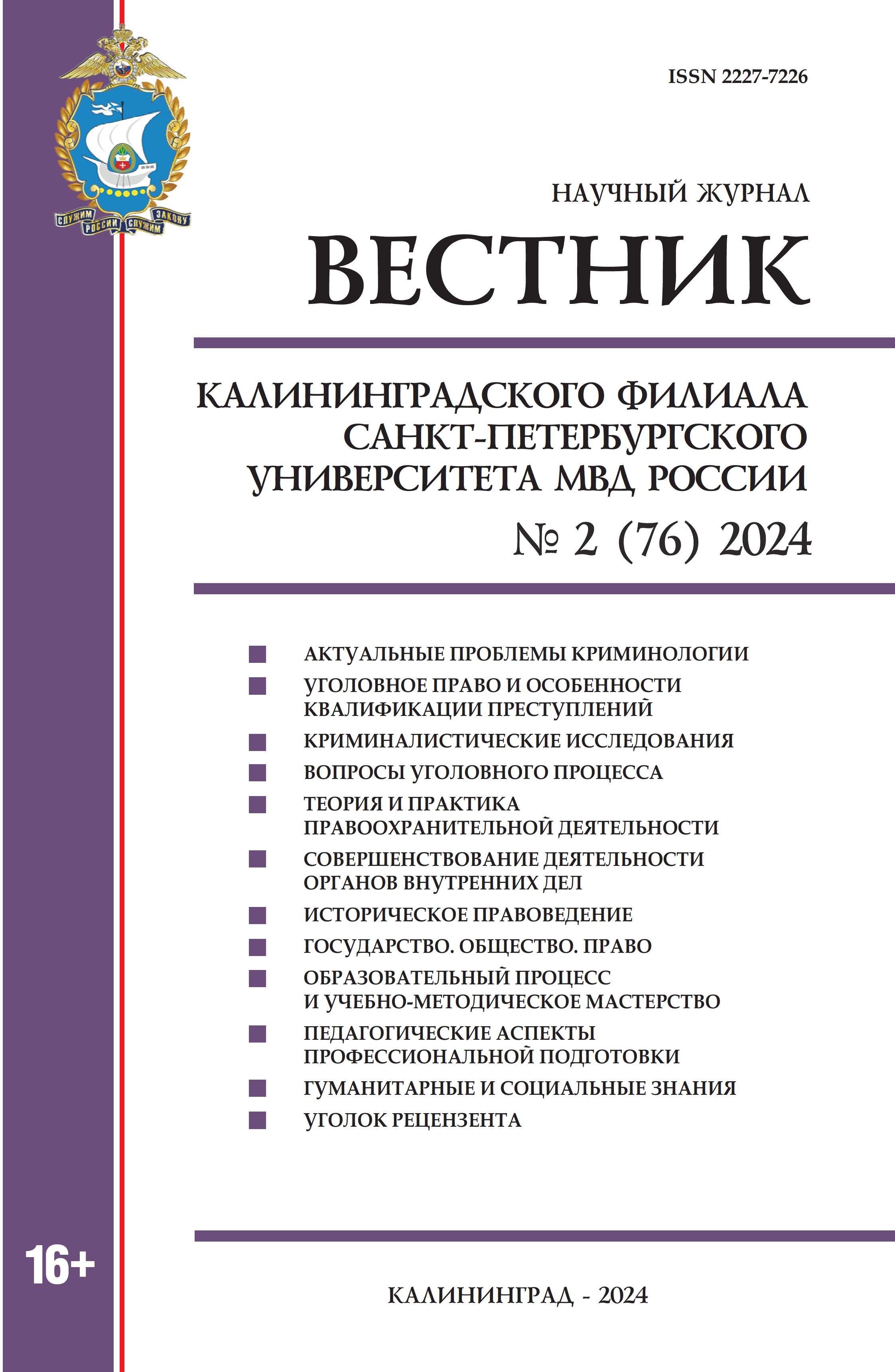Volgograd, Vologda, Russian Federation
Introduction. The relevance of the topic of the article is connected with the objective need to study the issues of the emergence of the institution of correctional labor from the standpoint of rethinking historical experience in relation to modern conditions. The results of this kind of research will make it possible to avoid mistakes when assigning punishment, as well as make objective decisions in the future regarding the development of the institution discussed in the article. The author traces the historical background for the emergence and development trends of the institution of correctional labor, which is a type of criminal punishment not associated with the isolation of the convicted person from society. It has been established that the use of correctional labor is justified by factors of a socio-philosophical and economic nature. It is noted that correctional labor began to be used in domestic practice relatively recently, namely after the October Revolution of 1917. Currently, they are a fairly popular form of correctional influence on perpetrators, which is confirmed by statistical data. It is emphasized that correctional labor is not a «frozen» type of punishment; further improvement of this institution and its transformation are possible, taking into account the objectively developing conditions and factors of social development. Methods. During the study, methods of systematization and generalization of scientific information, comparative legal method, historical method, etc. were used. Results.The key stages in the development of the institution of correctional labor in Russia are identified. The composition of the elements and the essence of correctional labor as a type of punishment changed as a result of the processes of improving legislation (updating the Criminal Code of the RSFSR and the Correctional Labor Code of the RSFSR, the adoption of the Criminal Code of the Russian Federation and the Criminal Executive Code of the Russian Federation).
Correctional work, criminal punishment, the principle of proportionality of punishment, penal policy, public safety.






